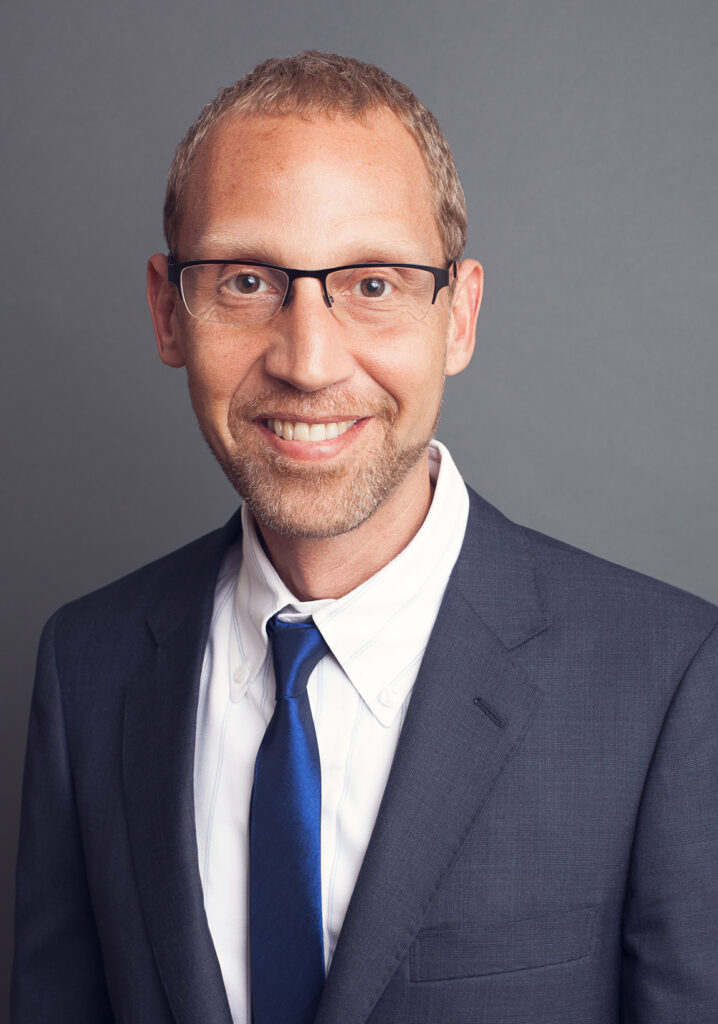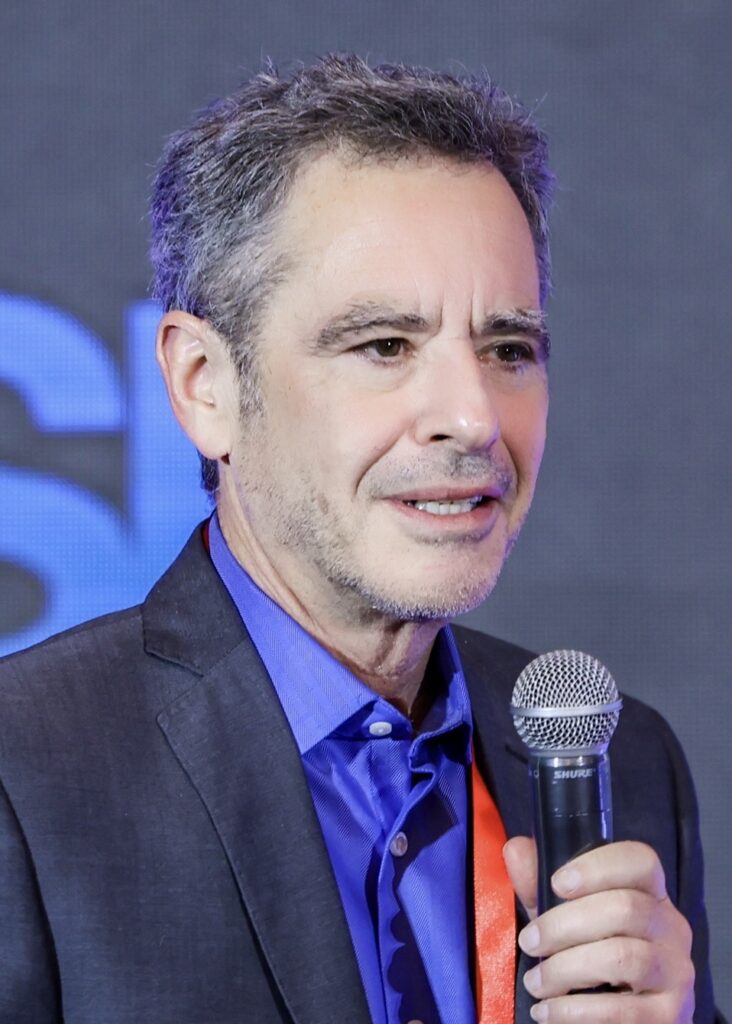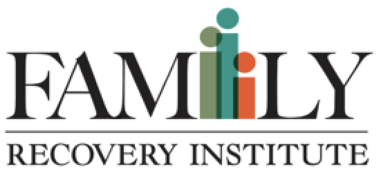Eight sessions, the third Friday of the month:
Oct 21, Nov 18, Dec 16, 2022; Jan 20, Feb 17, Mar 17, Apr 21, May 19, 2023
Narrative
The truths that classical psychoanalysis held to be absolute and unchanging–that the therapist is a blank screen whose personality plays no role in the therapeutic process; that self-disclosure can never be used to further therapeutic aims; that transference is a projection that has nothing to do with the therapist’s actual personality, and so on– are no longer accepted by the vast majority of psychoanalytically informed psychotherapists. These principles have been replaced by the awareness that uncertainty is an inescapable feature of much of our clinical decision-making.
While the abandonment of principles that seemed to impede, rather than facilitate, the therapeutic process has largely been greeted with a sense of liberation, it has also led to a great deal of confusion. How do we make clinical judgments when there are no clear ground rules? What is transference if it’s not projection? How do we work with it? How do we know when to self-disclose and when not to? When is it best to offer interpretations, and when do other kinds of responses better facilitate the goals of treatment? When do we stay focused on the patient’s perspective, and when do we introduce our own? These are only a few of the questions that inform our everyday thinking about our work.
Contemporary psychoanalysis provides no definitive answers to these questions. However, it has developed a rich literature that attempts to deepen our understanding of how we can work effectively and confidently in this changed landscape while resisting the temptation to create a new set of absolute, inflexible rules. Self psychology, intersubjectivity theory, and specificity theory, in particular, have introduced a whole range of concepts, from optimal responsiveness, to self and mutual regulation, to the distinction between the leading and trailing edges of the transference, to give new depth to our understanding of how we can be effective agents of healing for our patients.
In this study group, we’ll explore the ideas that contemporary self psychology, intersubjectivity theory, and specificity theory have developed to enrich our understanding of the clinical relationship and give us greater confidence in our ability to make sound clinical judgments.
Topics will include: 1) Optimal responsiveness and how to become a more optimally responsive clinician; 2) Different dimensions of the transference and how to work effectively within them; 3) Self and other focused listening, and the clinical contexts in which each should be used; 4) Constructing model scenes and using them effectively; 5) The roles of self and mutual regulation in the therapeutic relationship.
The seminar will include discussion of readings, followed by case presentations by the participants. The case presentations are intended to help participants effectively translate the foundational clinical concepts of self psychology, intersubjectivity theory and specificity theory from theory to practice. Participants should develop greater confidence in using these concepts to strengthen their clinical judgment.
Learning Objectives
Upon completion of this workshop, participants should be able to:
- Explain optimal frustration and optimal responsiveness, and how they differ from each other.
- Explain the difference between needed relationships and repeated relationships, and use clinical examples to demonstrate how to work in each mode.
- Define self and other related listening, and identify the clinical contexts in which each listening style should be employed.
- Define model scenes and formulate them for their current cases.
- Explain the difference between the leading edge and the trailing edge of the transference.
- Explain self and mutual regulation, and how they contribute to optimally responsive clinical interventions.
- Explain enactments from the perspective of intersubjectivity theory and specificity theory.
- Define the role of interpretation in optimally responsive treatments.
Bio
Jane Rubin, PhD, PhD, PsyD, received her PhD in philosophy from UC Berkeley and her PhD in clinical psychology from the Wright Institute. She did her psychoanalytic training at the Institute of Contemporary Psychoanalysis in Los Angeles. She is in private practice in Berkeley.
COST:
CIP Members:
$260 early registration 10 business days prior to course; $280 after
Non-Members:
$340 early registration up to 10 business days prior to course, $360 after
CEs: 16 CEs for LMFTs, LCSWs, and Psychologists. Participants must attend the full live session and complete the evaluation at the end to receive a CE completion certificate.
Community Institute for Psychotherapy is approved by the American Psychological Association to sponsor continuing education for psychologists. Community Institute for Psychotherapy maintains responsibility for this program and its content.
Cancellation must be received in writing by email: Full refund if canceled 48 hours prior to the event; $25 cancellation fee if canceled with less than 48 hours notice.
Accommodations will be made wherever possible to those with disabilities. Please let us know of any disabilities upon registration, to ensure proper accommodations are put in place prior to workshop/training.
Grievance Procedure: CIP will respond to complaints in a reasonable, ethical and timely manner, when submitted by program attendees in writing to the Chair of CIP’s Professional Development Committee.
Anti-Discrimination Policy: CIP shall not discriminate against any individual or group with respect to any service, program or activity based on gender, race, creed, national origin, sexual orientation, religion, age or other prohibited basis. CIP does not require attendees to adhere to any particular religion or creed in order to participate in training. CIP will not promote or advocate for a single modality of treatment that is discriminatory or likely to harm clients based on current accepted standards or practice.
*There is no conflict of interest or commercial support related to this CE program.













